The HBCU Student Experience
Currently in his junior year, Howard University student Jeremy Gay, standing in front of Founder’s Library on campus, decked out his university hoodie and bison hat! Photograph taken by fellow Howard University student, Evan Johnson.
January 7, 2022
HBCU is an acronym for Historically Black Colleges & Universities, but what exactly does that mean and what’s it like attending one? How is it different from normal colleges? Why do they exist?
“Historically Black Colleges & Universities are schools by black people, for black people with the desire to earn a higher degree of education where they can take classes surrounded by people just like them,” explains Howard University student Nayila Moore, who graduated from El Segundo High School in California.
Life of an HBCU Student
The day-to-day life of an HBCU student differs almost every day, and that’s one of the many factors that makes attending one so exciting! The unique qualities of being an HBCU student combined with the general freedom of being away at college or university makes for an unforgettable experience and only adds to the charm.
“Every week, there’s always an event, whether it’s a football game on Saturday or a ceremony to celebrate our school spirit, especially here at FAMU,” said Janisha Smith, a current student at Florida Agricultural and Mechanical University (FAMU) and previous graduate of Miami Senior High School in 2021.
Hali Braynon, a student at Tuskegee University in Alabama, said, “Even though being away from home is an adventure and somewhat scary, I couldn’t describe attending Tuskegee in any way other than a breath of fresh air and the freedom of being on my own.”
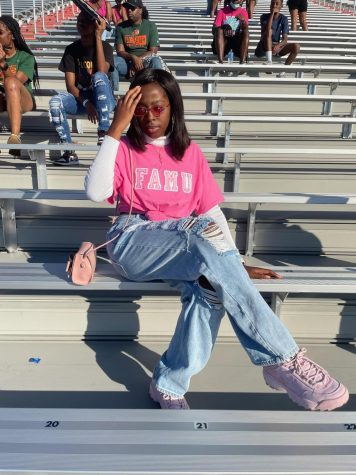
“I love the fact that there’s always something going on, the possibilities are endless, and it makes campus feel alive,” said Howard University student Jeremy Gay, describing a street fair and football game that had taken place just that day. “Even during the week there’ll be chill events, movie nights and sometimes you’ll see students playing kickball out in the yard.”
HBCU Opportunities
Created for the education of black people, HBCU’s provide unique experiences that wouldn’t be found at any other college or university. Hali Braynon feels that Tuskegee’s supportive environment gives her a sense of belonging, further stating, “It’s as though I am part of a big family.”
Janisha Smith agrees, saying, “One of many opportunities obtained from attending an HBCU is the diverse student body, supportive environment, and unique learning experience.”
Every good thing has its downsides and unfortunately HBCU students must work with fewer financial resources. According to an article titled “There’s an unprecedented crisis facing America’s historically black colleges” published on the website for Business Insider <businessinsider.com>, “Across the US, historically black colleges and universities are struggling financially.” University of Pennsylvania education professor Marybeth Gasman quoted in the article, lists several HBCU’s who fall into the financial crisis category including “public school, South Carolina State University (SCSU) and private institution, Wilberforce University. At SCSU, the university’s accreditation is on probation and state legislators say its total debt exceeds $83 million.”
The Story Behind HBCU’s
HBCU’s history is an important point in delivering better futures for Americans and achieving the right of education for black people. During the the Segregation Era, most universities and colleges forbade admittance to people of color. HBCU’s were created with the intention of educating African Americans prior to the Civil Rights Act of 1964.
According to an article titled “What is an HBCU and Why are They Important?” by Genevieve Carlton published on the website <www.affordablecollegesonline.org>, “A century after the end of slavery, opportunities to obtain a higher degree of education continued to remain solely for white people which limited career and employment options for African Americans. To provide undergraduate and graduate level educational opportunities to black people, Historically Black Colleges and Universities, or HBCU’s, were established in the early 19th century.”
Many notable Black Americans have attended HBCU’s including, current Vice President Kamala Harris who attended Howard University, Dr. Martin Luther King Jr who attended Morehouse College, Oprah Winfrey who attended Tennessee State University, and the first Black U.S. Supreme Court Justice, Thurgood Marshall, who attended both Lincoln and Howard Universities. To this day, HBCU’s continue to benefit Black students by providing a community that can connect and relate to each other with an increased number of STEM graduates, and lower tuition rates.
A Life Changing Experience
If a student decides to attend a college or university after high school, the decision on what school to attend can impact the rest of the student’s life. Even after finishing their time at the institutions, HBCU graduates continue to show their love, support, and spirit for their HBCU. I constantly see members of my family proudly wearing the apparel from their HBCU days. My father continues to travel to Tuskegee University where he spent four meaningful years of his life to attend the school’s homecomings and reunions’ despite no longer being a student there. To him, “Tuskegee University will always be home.”
Howard University student Nayila Moore explained that her mother who graduated from Howard University has always told her “Iron sharpens iron”. So far, her time at Howard University has only further convinced her that her mother was right. As she watches other black students work together and strengthen each other, she can’t help but feel strong too. “High achievers and well-rounded students who look like me really forced me to step out of my comfort zone to grow as a person. I don’t feel like I would’ve had the same opportunities that I’ve had at Howard if I decided to attend a PWI or predominately white institution.”
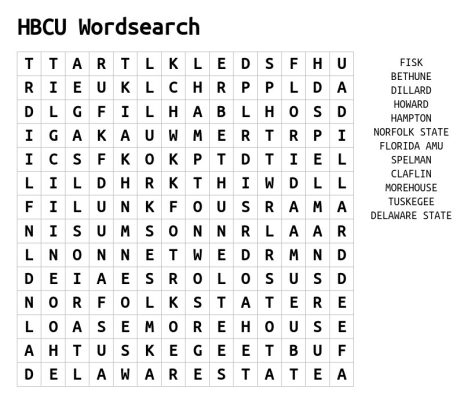

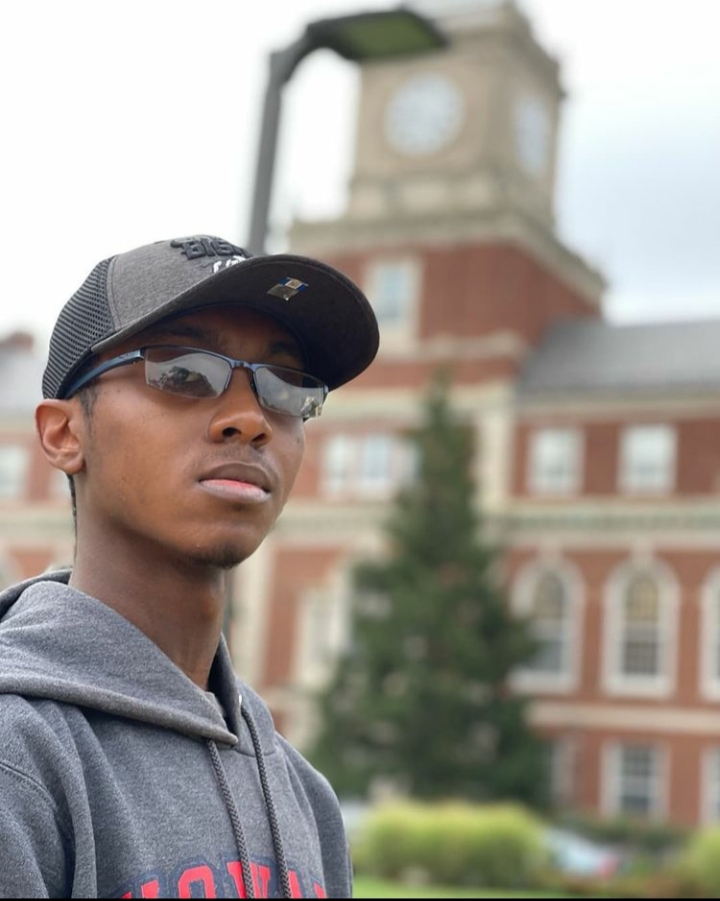


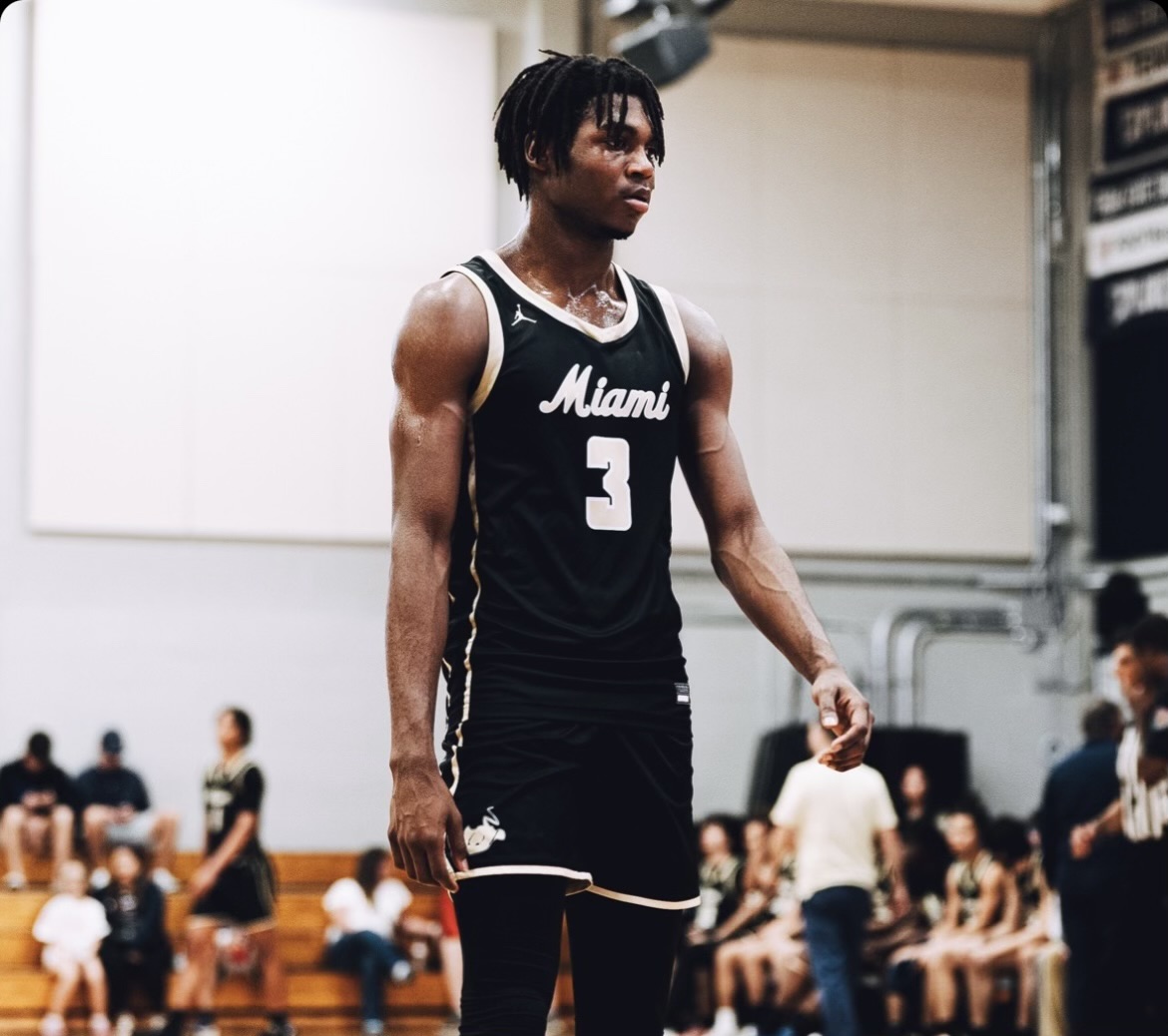
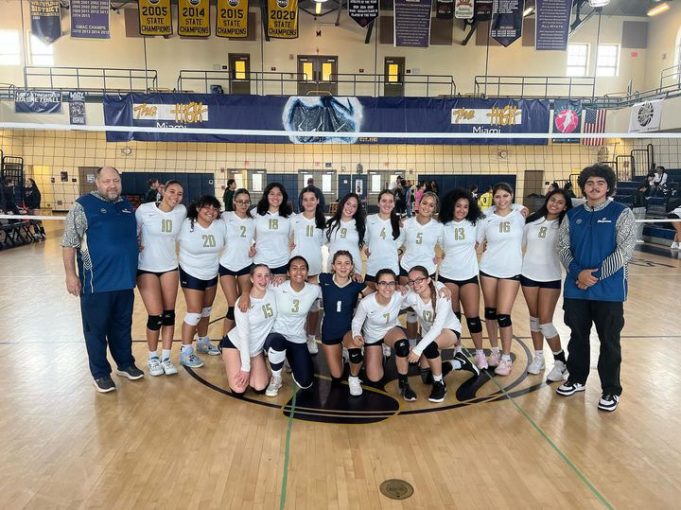
Darius L • Jan 16, 2022 at 4:46 pm
Great information about life experiences at HBCUs.
LaTaryn Gay • Jan 15, 2022 at 9:14 pm
Informative story, great read for parents and students
J Sconiers • Jan 15, 2022 at 2:34 pm
Quite informative. Glad to read the perspectives of students who currently attend HBCUs and see they share similar ideas of as feeling a part of a family.
Gregory G • Jan 15, 2022 at 2:58 am
The is a well written article on the HBCU experience. Way to go Braynon!
Jeremy G • Jan 9, 2022 at 6:53 pm
Such a thoughtful piece, great work!
Marc G • Jan 8, 2022 at 7:28 pm
Very good and informative article